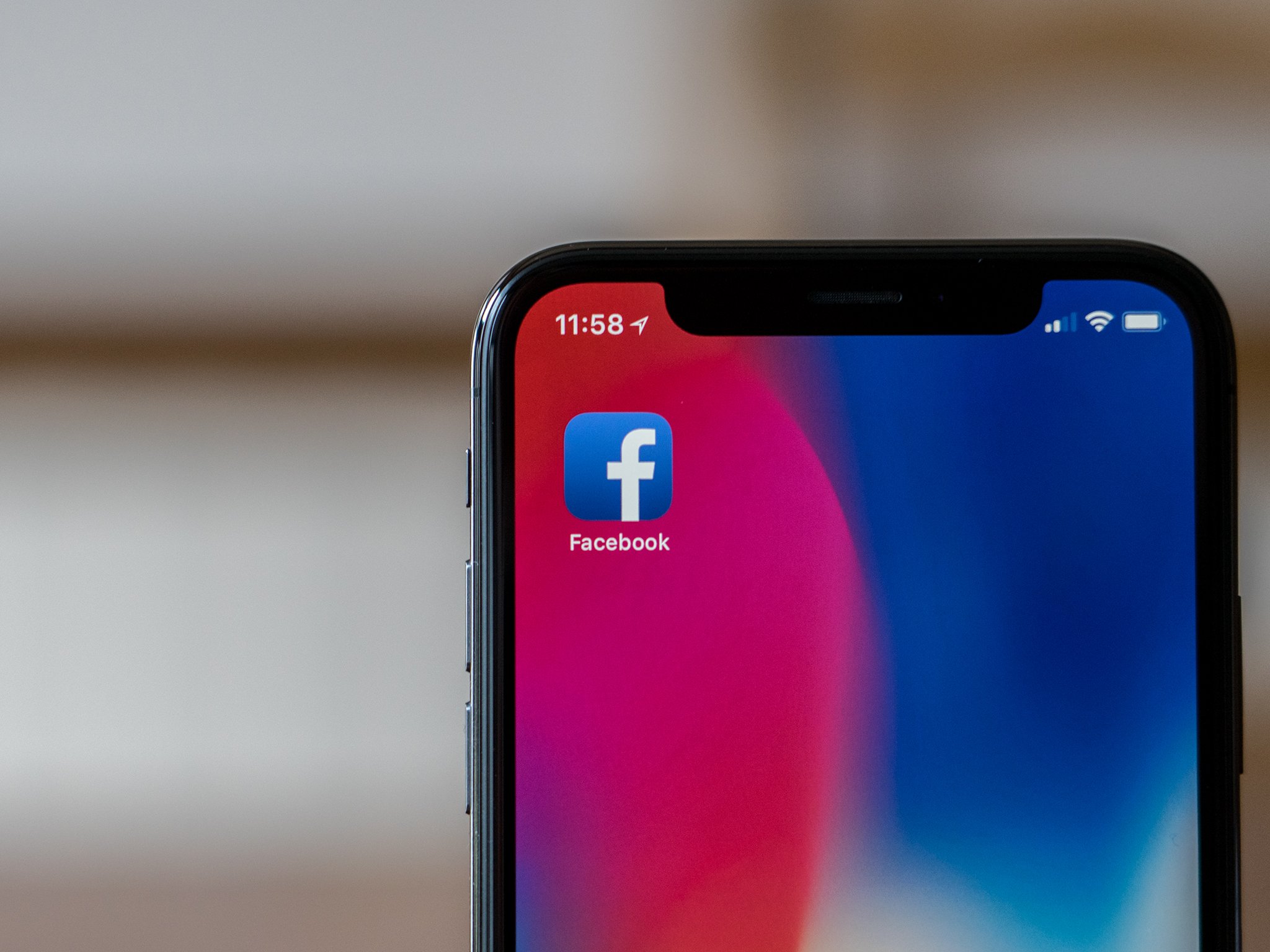Facebook to shut its facial recognition system and delete 1 billion faces

What you need to know
- Facebook will close its facial recognition service this month.
- The closure will see more than a billion face scans deleted.
- Parent company Meta says the move is due to "the many concerns about the place of facial recognition technology in society."
Facebook says that it will be closing down a facial recognition system that has been running for a decade, deleting more than a billion face scans in the process.
The move, announced via blog post, comes as Facebook and new parent company Meta are coming under increasing pressure relating to privacy and the social network's role in society. According to Jerome Pesenti, VP of Artificial Intelligence, the move will "represent one of the largest shifts in facial recognition usage in the technology's history."
In the coming weeks, we will shut down the Face Recognition system on Facebook as part of a company-wide move to limit the use of facial recognition in our products. As part of this change, people who have opted in to our Face Recognition setting will no longer be automatically recognized in photos and videos, and we will delete the facial recognition template used to identify them.
While Pesenti goes on to say that he still sees facial recognition to be a "powerful tool," he does acknowledge that there are "growing concerns" about its use on the whole.
But the many specific instances where facial recognition can be helpful need to be weighed against growing concerns about the use of this technology as a whole. There are many concerns about the place of facial recognition technology in society, and regulators are still in the process of providing a clear set of rules governing its use. Amid this ongoing uncertainty, we believe that limiting the use of facial recognition to a narrow set of use cases is appropriate.
Facebook's facial recognition feature first debuted in December 2010 and was designed to allow people to tag friends and family in photos based on who the social network thought they were. The feature has left Facebook as the owner of "one of the largest repositories of digital photos in the world" thanks to the feature, according to a New York Times report.
Master your iPhone in minutes
iMore offers spot-on advice and guidance from our team of experts, with decades of Apple device experience to lean on. Learn more with iMore!

Oliver Haslam has written about Apple and the wider technology business for more than a decade with bylines on How-To Geek, PC Mag, iDownloadBlog, and many more. He has also been published in print for Macworld, including cover stories. At iMore, Oliver is involved in daily news coverage and, not being short of opinions, has been known to 'explain' those thoughts in more detail, too. Having grown up using PCs and spending far too much money on graphics card and flashy RAM, Oliver switched to the Mac with a G5 iMac and hasn't looked back. Since then he's seen the growth of the smartphone world, backed by iPhone, and new product categories come and go. Current expertise includes iOS, macOS, streaming services, and pretty much anything that has a battery or plugs into a wall. Oliver also covers mobile gaming for iMore, with Apple Arcade a particular focus. He's been gaming since the Atari 2600 days and still struggles to comprehend the fact he can play console quality titles on his pocket computer.
